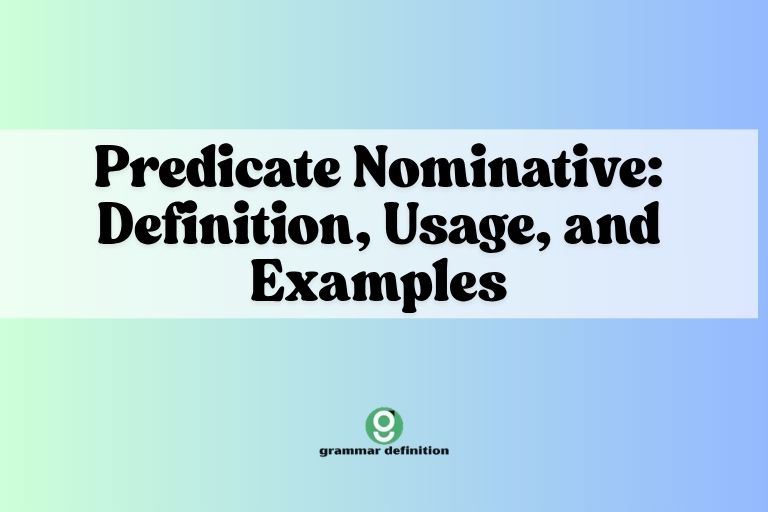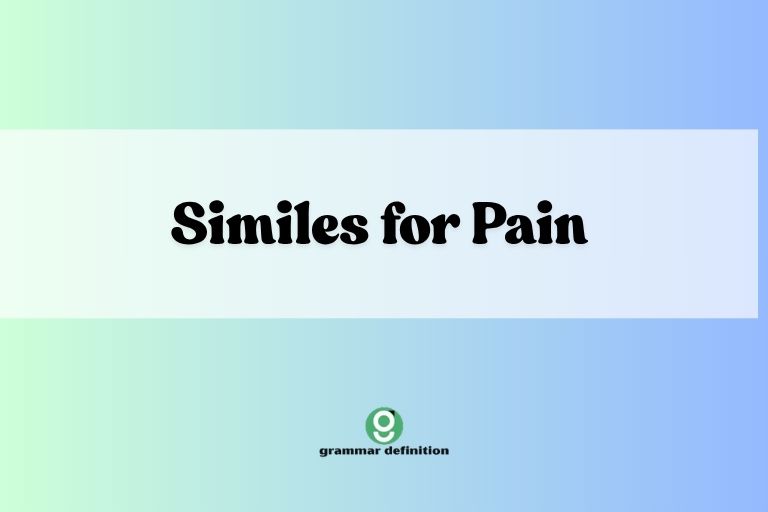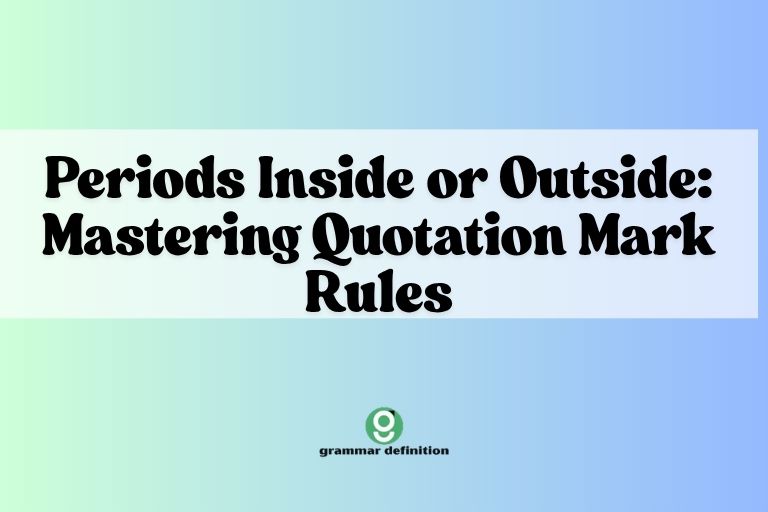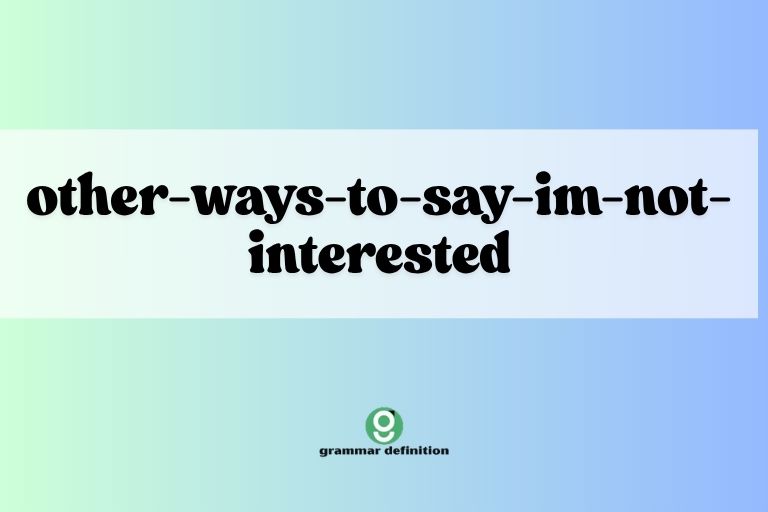Beyond ‘In Order To’: Mastering Purpose Clauses in English
Expressing purpose is a fundamental aspect of English communication. While “in order to” is a common way to indicate why something is done, relying solely on it can make your writing and speech sound repetitive. This article explores a variety of alternative phrases and grammatical structures that allow you to express purpose with greater nuance … Read more










